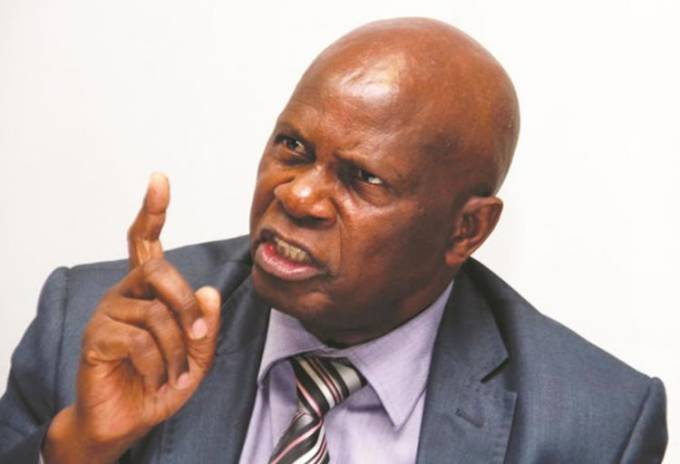Selective application of policy rife in telecoms sector

Happiness Zengeni and Golden Sibanda —
THE Postal and Telecommunications Regulatory Authority of Zimbabwe has not approved a proposal by NetOne to only pay part of its $137,5 million licence fees and clear the balance through instalments, director-general Dr Gift Machengete has said.
The response follows stinging criticism by Information Communication Technology experts who are of the view that such conduct by Potraz was in violation of its own rules as the regulator, as they were being applied selectively on the operators.
The experts also say that policy is being applied inconsistently in the telecoms sector as shown by the existence of promotions at some of the operators, yet the same is not being approved for the other players. NetOne is currently running a OneFusion data promotion despite the regulator not having finalised a Promotions Framework.
“Certainly, the playing field is not even and policy is being applied inconsistently. The country needs to attract investments in all sectors of the economy including the ICT sector. But it has consistently been shown that what the regulator lays out as policy is not what is followed.”
This comes as NetOne chief executive Brian Mutandiro told a Parliamentary Portfolio Committee on Information Communication Technology that its staggered payment plan had already been approved by the regulator. Yet there is a regulatory circular on the payment of licence fees number 1 of 2016, which was issued by Potraz mid last year (June 10, 20160) saying “no payment plan will be agreed to by the authority and all operators are required to comply with the law”.
“Accordingly, any operator whose licence has already fallen due for renewal, or will fall due for renewal after the date of this circular will pay fees in line with the law. All operators who may still be owing any such fees to the authority should ensure that the fees are paid up immediately,” said Potraz.
Potraz said the requirement was in line with provisions of the Postal and Telecommunications Act Chapter 20:05, as read with the Postal and Telecommunications Licensing and Certification Regulations.
In contrast to Mr Mutandiro’s comments, Dr Machengete said the State-owned mobile network operator had only applied to be allowed to make a down payment towards renewing its 15 year licence, which expired in 2015 and to stagger the balance. The new licence will have tenure of 20 years.
“They (NetOne) made an assumption; there is nothing like that. They have only applied to be considered to pay in staggered instalments, all indigenous telecoms players applied, but it is not possible to do that right now.
“For that to happen, there is need to change the regulations and statutory instruments, otherwise it is illegal. They (NetOne) have paid $4 million to clear arrears (separated from licence renewal), but the proposal has not been approved,” he said.
“Right now, their licence has not been renewed, but we extended all licences until February/March this year. NetOne have only paid to make good their arrears, these arrears should have been paid (earlier).
“We are looking to see if it is possible that they be allowed to pay in instalments, but the decision has not yet been reached,” the Potraz boss said.
This comes as only one mobile network operator, Econet Wireless, has fully paid its licence renewal fees in line with the postal and telecommunications regulatory authority’s decree that all fees must be paid before or at the time the licence is issued or renewed.
NetOne chief executive officer, Mr Mutandiro, told a Parliamentary Portfolio Committee on Information Communication Technology on Tuesday that having made the down payment; the company negotiated a settlement plan for payment of the balance of the fees.
Telecel Zimbabwe made a similar proposal for staggered payment for licence renewal when the licence lapsed in 2013, but industry analysts said a similar provision was not made available for some operators, raising questions about impartiality in applying the law, as per Potraz’s circular of June 10, 2016.
Further, telecoms giant Liquid Telecom, was once granted a 10-year concessionary payment plan to renew its Licence. However, Government said in June last year that Potraz was considering a framework permitting licence renewal on flexible terms.
“The provision is open to all operators. The same provision has been extended to Liquid. As we speak Liquid’s licence expired, it should have been renewed.”
Information Communication Technology, Postal and Courier Services Minister Supa Mandiwanzira said, then, that he was disturbed that prior to approving the framework, Potraz already had such a plan for Liquid. He said Government was not happy with such an arrangement given its urgent need to raise funding.
Potraz later made an about turn, writing to Liquid nullifying its earlier approval by stating that payment should be made in advance before licence is issued.








Comments